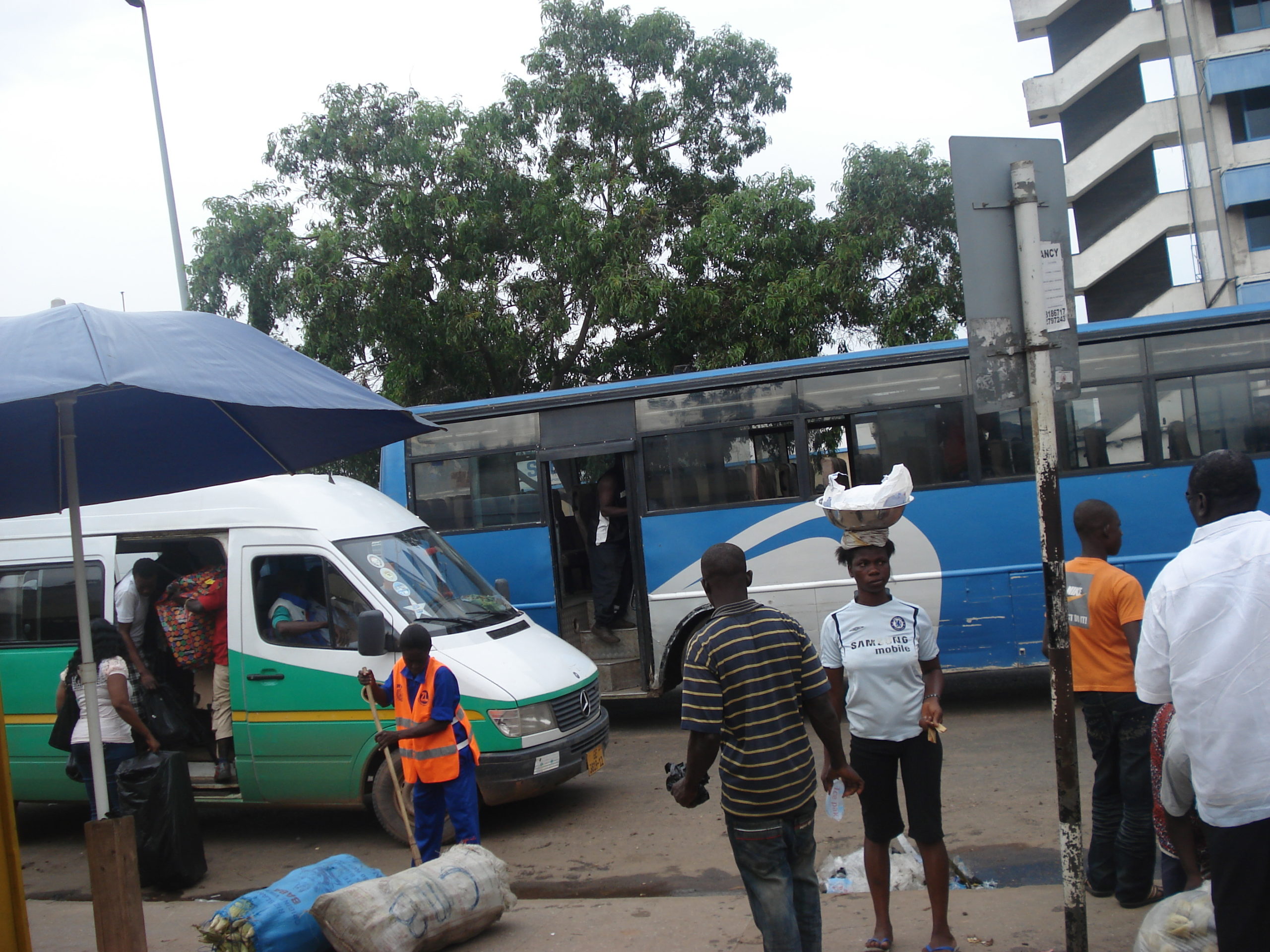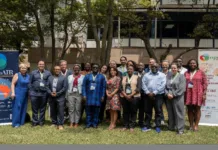Our Open AIR researcher Dr. Erika Kraemer-Mbula is continuing her exciting research in South Africa about informal sector entrepreneurs.
Informal entrepreneurship is receiving increasing scholarly and political attention in Africa. The continent’s booming youth population calls for an unprecedented need to create income and livelihood opportunities. Besides the traditional focus on formalisation, there is a growing interest in understanding the creative processes and innovations occurring in informal enterprises. However, evidence remains scarce, and research on informal enterprises still represents a relatively new and unexplored frontier.
The majority of business enterprises in developing regions are informal and their activities spread across a broad spectrum of economic sectors. In Africa, a myriad of informal microenterprises offer a diverse and vibrant setting for analysing entrepreneurial development and innovation. Confronted with severe scarcity conditions these firms improvise solutions to everyday challenges, occasionally resulting in innovations that better address local needs, and even drastically change the way things are done.
The main priorities in her research are:
- Understanding the creative processes in informal enterprises, the nature of knowledge sharing and possibilities of upscaling.
- Understating the connections between Africa’s informal enterprises, the global “maker movement” and associated phenomena such as open innovation, co-creation and co-design, crowd-sourcing and crowd-funding.
- Practical understating of how linkages across informal enterprises can be stimulated in various contexts.
Clustering
Sigfried Tivana, a student of Dr. Kraemer-Mbula’s, will be looking especially at the clustering of informal enterprises and the knowledge sharing and diffusion that occurs.
Informal enterprises have a natural tendency to cluster in specific areas and this usually facilitates businesses to exchange useful knowledge and information. In big cities and metropolitan areas, clusters of informal businesses are common, especially in high transit areas, where businesses clusters according to the type of service or product offered. The knowledge exchanged in clusters may include the location of cheaper suppliers, new and more advanced ways of doing business, trusted partners based on experience, improved production techniques, and more.
The purpose of this study is to look at how clustering of informal enterprises may help in the process of diffusion of innovative knowledge. The study will further look into the type of interventions governments could make to assist informal sector entrepreneurs, such as new policies or infrastructure interventions.








